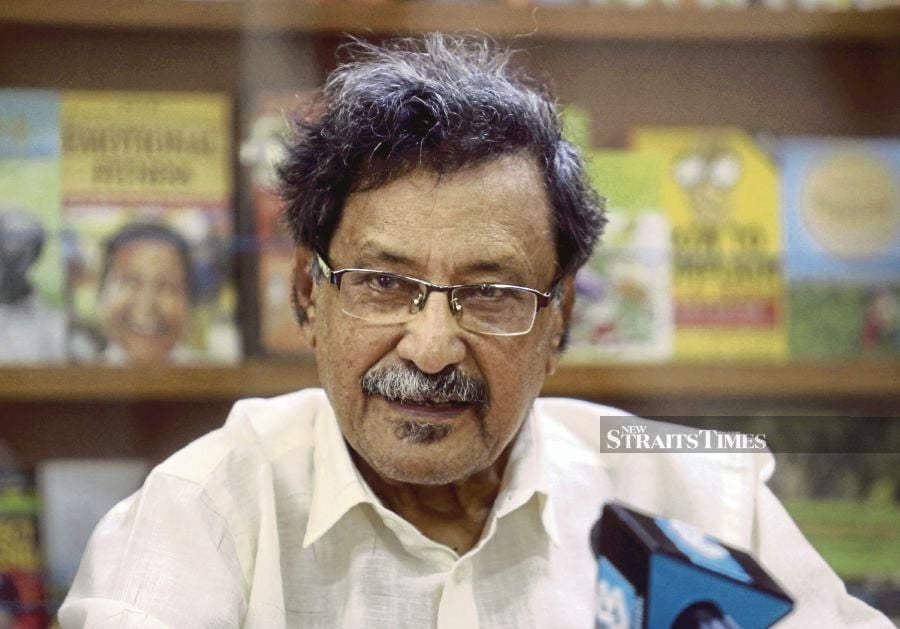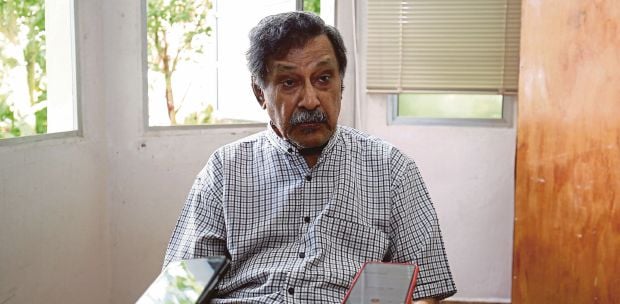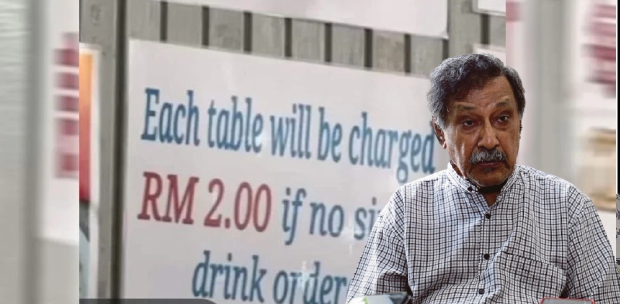GEORGE TOWN: The Consumers' Association of Penang (CAP) wants the government to expedite the establishment of a Malaysian Charities Commission through dedicated legislation.
This action, CAP president Mohideen Abdul Kader said, was crucial to rebuilding public trust in donating to charities or non-governmental organisations (NGOs).
"It will also serve to mitigate the risk of these organisations deceiving the public for funds or operating ineffectively due to poor organisation," he said today.
In 2020, the then Deputy Prime Minister Datuk Seri Dr Wan Azizah Wan Ismail had called for the establishment of a Malaysian charities commission.
Mohideen said, as of now, there was no single comprehensive statute in Malaysia to regulate NGOs, except for charities and charitable trusts and institutions outlined in the Ninth Schedule of the Federal Constitution.
The Ninth Schedule only states that Islamic charities come under the state list but it does not provide for their administration.
"We call for the state administration to provide for an oversight body for Islamic charities.
"Over the years, numerous requests have been made to the public for funds to build mosques, tahfiz institutions and various other charitable causes.
"Ensuring transparency and authenticity in fundraising is crucial to maintaining trust within the community and guaranteeing that donations are utilised for their intended purpose.
"Implementing mechanisms for verification can play a vital role in achieving these objectives," he added.
As such, Mohideen said, it was imperative for Malaysia to enact legislation that addresses the following:
* the registration of charities;
* the administration and governance of charities;
* the regulation of charities and institutions of public character;
* oversight of fundraising activities associated with charities and other institutions, including the conduct of fundraising appeals, and related matters; and
* establishing such legislation would provide a structured framework for the operation and oversight of NGOs, ensuring accountability, transparency, and effective management of charitable endeavors and public institutions.
This statute, Mohideen stressed, would regulate the governance of charities by addressing key areas such as their registration, deregistration and enforcement measures for submission of accounts, reports and other necessary returns.
"Additionally, it oversees fundraising activities, ensuring they adhere to prescribed guidelines and standards.
"Besides overseeing the operations of charities, this statute needs to be empowered to disqualify individuals convicted of offences involving dishonesty or deception from holding any position within the NGO.
"Furthermore, it should prohibit their involvement in other organisations to maintain the integrity and trustworthiness of the social financing sector," he said.
He added that potential donors could then browse through the charities commission website to find a list of registered charities that they might want to donate to.
"They can also read the annual reports of the charities. Such would ensure their accountability and transparency," he said.
Recently, the Centre to Combat Corruption and Cronyism chief executive officer Pushpan Murugiah said the government should consider establishing independent oversight bodies, such as a Charities Commission, to regulate NGOs.
He said this would prevent them from being used for money laundering by crime syndicates.






